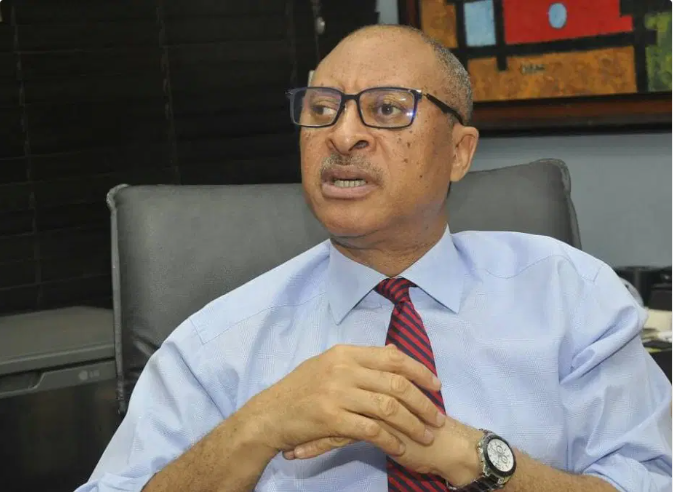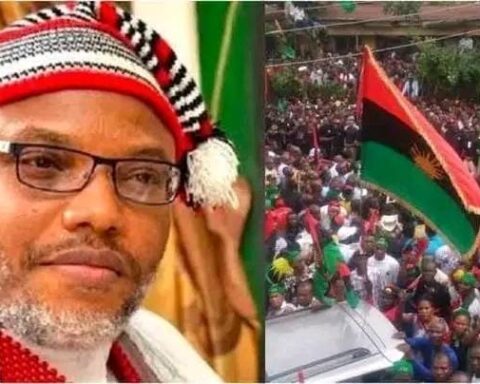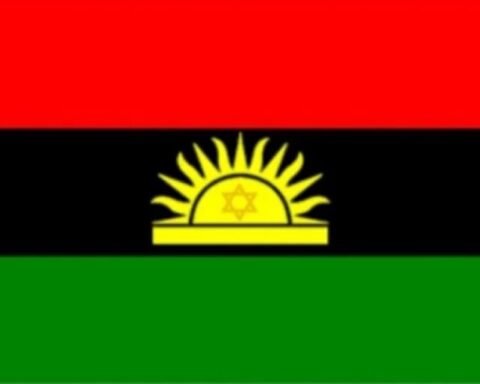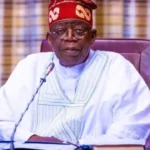1. Elite Failure & Institutional Weakness
Utomi argues the political class in Nigeria has failed, effectively crippling government capacity to provide leadership and deliver solutions. He describes what remains as a “government that is not connecting to the solution” and where leadership—even at the highest levels—is absent.
He points to the breakdown of institutional separation: the Legislature often hijacks executive functions while the executive passively complies. The budget process has become political theatre rather than a tool for national development.
Nigeria’s judiciary, EFCC, and public institutions have been weakened to the point of ridicule, deterring investors and undermining governance.
2. Poverty at Crisis Levels
Utomi calls Nigeria’s poverty record “shameful”—noting that despite India having seven times the population, Nigeria has more people living in extreme poverty.
He warns of poverty induced by a budget system that embeds deprivation into governance, plus a policy vacuum and lack of industrial planning.
3. Rising Insecurity & Social Breakdown
He sees insecurity not only as a security issue but one that erodes economic output, especially in agriculture where conflict reduces yields significantly.
Failure to address critical social flashpoints—especially the plight of almajiri children and growing regional conflicts—reflects elite irresponsibility and neglect. Utomi identifies this neglect as a ticking time bomb for national collapse.
4. A Reckoning: Will Nigeria Collapse?
Utomi cautions that without radical reform, Nigeria may fail or collapse, mirroring other nations where elite greed, failed institutions, and absence of civic values led to systemic collapse.
He echoes this in calls for dismantling the current political structure or risking national death—urging for a national conference to re-educate politicians and build boundaries to regulate behavior.
Leadership failure: Nigeria’s elites and political class are ignorant of leadership responsibility, undermining national progress.
Institutional decay: Weak separation of powers and collapsed public institutions hinder reform.
Stark poverty:
Nigeria hosts more extreme poor than many larger nations—despite its wealth.
Escalating insecurity: Conflict undermines livelihoods, especially in rural/agric sectors.
Urgent reform needed: Utomi advocates structural reform, civic re-education, and rebuilding institutions to prevent collapse.
Utomi’s commentary is grounded in both economic data and decades of public policy critique. He contends that Nigeria’s challenges are self-inflicted by a ruling elite more interested in transactional politics than nation building. Without decisive action on corruption, poverty, insecurity, and institutional restructuring, he warns Nigeria risks declining into irrelevance or collapse.



























